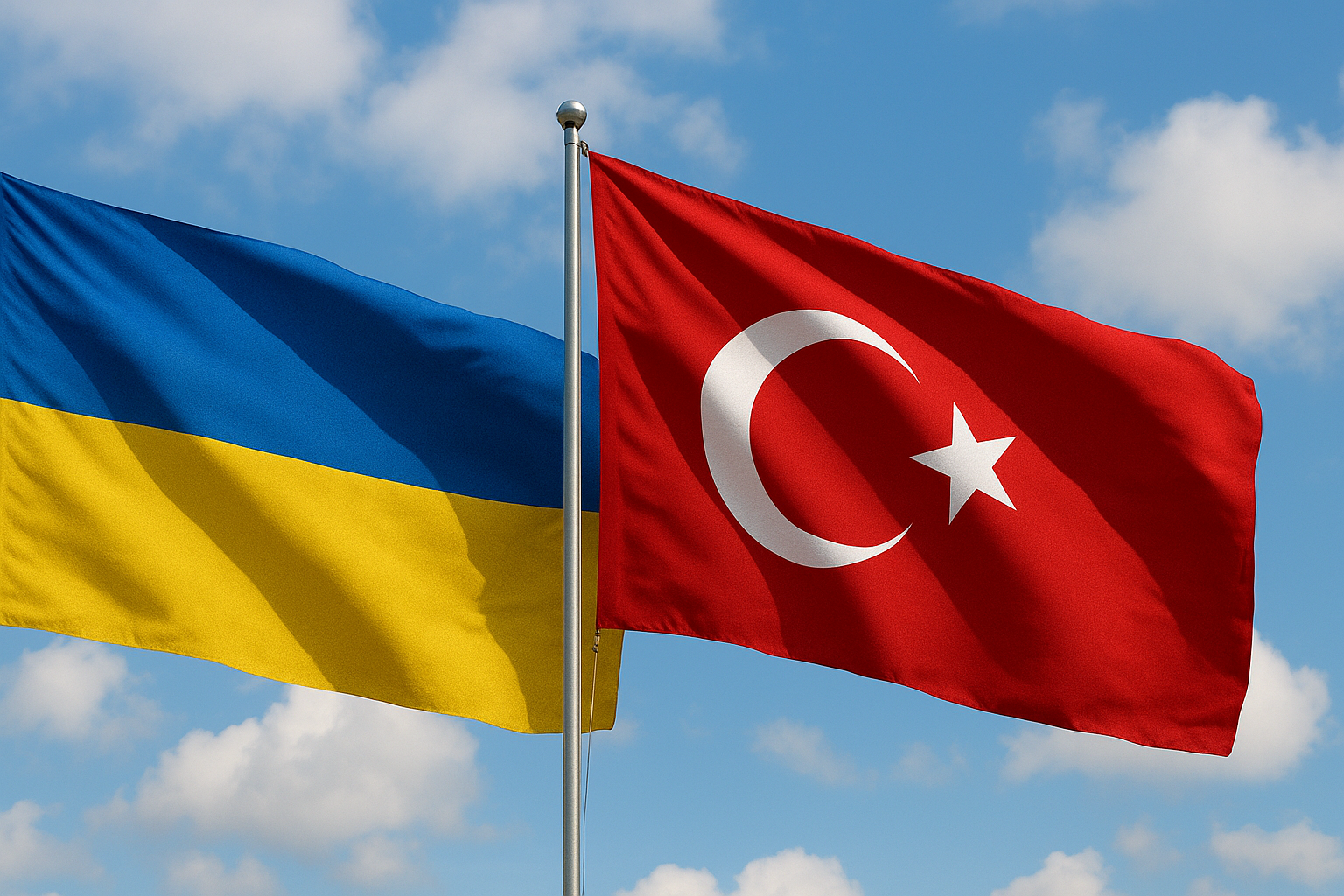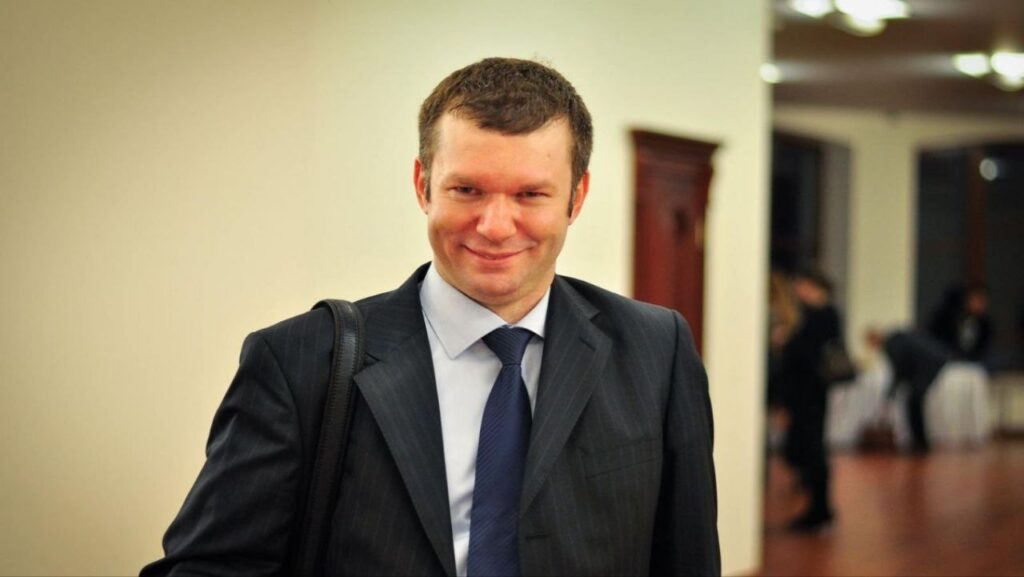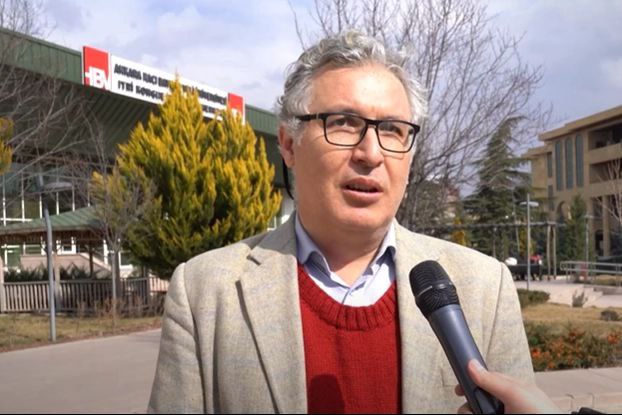Free trade without illusions: what Ukraine will get from the agreement with Turkey
19 August 16:03
on 13 August, the government representative in the Verkhovna Rada, Taras Melnychuk, said that the Cabinet of Ministers had approved the draft law “On Ratification of the Free Trade Agreement between the Government of Ukraine and the Government of the Republic of Turkey”.
He noted that the implementation of the agreement:
- will contribute to further development of bilateral trade and economic cooperation;
- will allow domestic producers to benefit from the liberalization of the markets of goods and services of the Republic of Turkey;
- will open up opportunities for expansion of sales markets for Ukrainian business.
How the agreement was born
Negotiations on the FTA between Ukraine and Turkey started back in 2008. The parties sought to expand economic cooperation, but the process was delayed due to disagreements on sensitive sectors – agrarian, metallurgical and textile.
In the 2010s, the negotiations intensified: Ukraine was moving towards integration with the EU, Turkey – towards expanding its own FTA network. The key stumbling blocks were quotas on agro-products, duties on scrap metal and access to Turkish textiles.
on February 3, 2022, the agreement was finally signed in Kiev during a visit by President Recep Tayyip Erdogan – just three weeks before Russia launched a full-scale invasion. In August 2024, Turkey ratified the document, and now it’s Ukraine’s turn.
What is a FTA
A free trade zone is a format of economic integration in which states mutually cancel or significantly reduce duties and other barriers to mutual trade. This opens markets for goods and services, stimulates investment, economic growth and job creation.
FTAs often cover not only duties, but also rules on intellectual property, investment, competition and environmental standards. For countries with different levels of economic development, as in the case of Ukraine and Turkey, this means not only new opportunities but also challenges due to increased competition.
What the agreement provides for
Under the FTA, Turkey waives import duties for 93.4% of industrial and 7.6% of agricultural goods from Ukraine. This covers 95% of Ukrainian exports, including metallurgy, cereals, oil and seeds. For the remaining goods, tariff quotas or duty reductions will apply; the average duty will be reduced from 28.9% to 10%.
Ukraine in turn opens the market for 99.6% of Turkish products, reducing the average duty from 5% to 0.5%, but retains the export duty on scrap metal. Separate provisions relate to trade in services, investment and military-industrial cooperation (in particular the production of AKINCI drones).
Дивіться нас у YouTube: важливі теми – без цензури
What Ukraine will get
Advantages
- Access to the Turkish market with 85 million consumers. Metal exports to Turkey grew by 81.2% in 2024 and 112.8% in the first quarter of 2025.
- Potential growth in bilateral trade to $10 billion after the war ends.
- Opportunities for investment and technology exchange, particularly in infrastructure rehabilitation, energy and defense.
Risks
- Increased competition for light industry and engineering.
- Negative trade balance ($2.03 billion in 2024), which could grow without modernization of production.
What it will bring to Turkey
Advantages
- 99.6% access to the Ukrainian market without customs barriers.
- Strengthened position in the supply of fuel, metals, engineering products and textiles.
- Deepening of strategic partnership in the Black Sea region and defense sphere.
Risks
Competition of Ukrainian metal with Russian metal on global markets.
Expert forecasts
Ivan Us, chief consultant at the Foreign Policy Research Center of the National Institute for Strategic Studies, PhD in Economics, said in a commentary for "Komersant Ukrainian" that given Ukraine’s negative trade balance (excess of imports over exports) with Turkey, the FTA agreement is beneficial primarily to Ankara.
“This is due to the full-scale war. Before it, Ukraine had a surplus (excess of Ukrainian exports over imports) with Turkey. Perhaps now it is not so favorable for Ukraine, but in the future, especially if there are no grain restrictions, this will change.”
– us is sure.

The expert at the same time insists that Kiev is interested in the abolition of duty on the export of Ukrainian grains – corn, wheat to the southern neighbor.
“There should be the abolition of duties on agricultural products, or significantly lower duties than other countries. If the text of the agreement will be exceptions on agrarian products, which will give Turkey the opportunity to return high duties, I believe that this reduces the benefits of Ukraine from the FTA.”
– he emphasized.
Sezayi Ozcelik, a professor of international law at Turkey’s Çankırı Karatekin University, agrees with his Ukrainian colleague’s thesis about the importance for Kiev of the prospects for increasing exports of agricultural products as well as metals.
“According to the estimates of the Ukrainian Ministry of Economy, this agreement can add more than a billion dollars to Ukrainian exports annually”,
– the expert notes.
He emphasizes that the agreement is not limited only to trade in goods. It also creates incentives for Turkish investments in Ukraine’s post-war reconstruction, particularly in the fields of agricultural production, logistics and energy.

According to him,
“Turkish companies are interested in becoming active players in Ukraine’s economic recovery.”
At the same time, Ozcelik recognizes the risks for both sides: increased competition may create challenges for small and medium-sized producers.
For Ukraine, the Turkish specialist notes, the danger could be over-dependence on Turkish imports, while Turkey risks an imbalance in the steel industry.
“Here it is important that the parties act cautiously and support national producers,”
– he emphasizes.
Sesay Ozcelik believes that despite these challenges, the FTA is capable of becoming a strategic platform for a long-term partnership that will strengthen the positions of Kiev and Ankara not only in the region, but also in the global market.
Whether the Free Trade Zone will become as effective as the expert predicts or will remain just a declarative project will depend on time and the ability of Kiev and Ankara to use this chance in their strategic interests.
Читайте нас у Telegram: головні новини коротко
Author: Asif Aliyev









